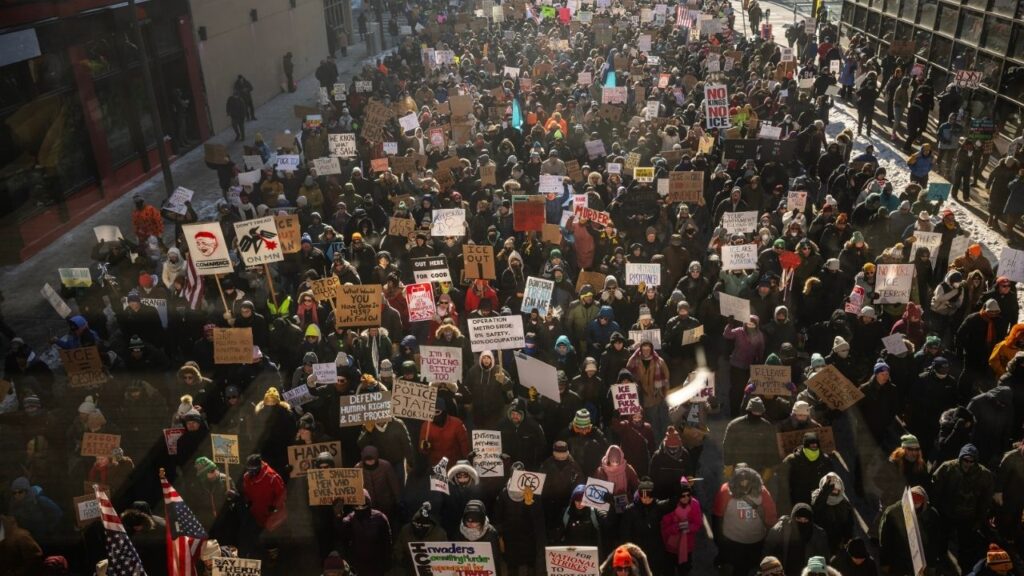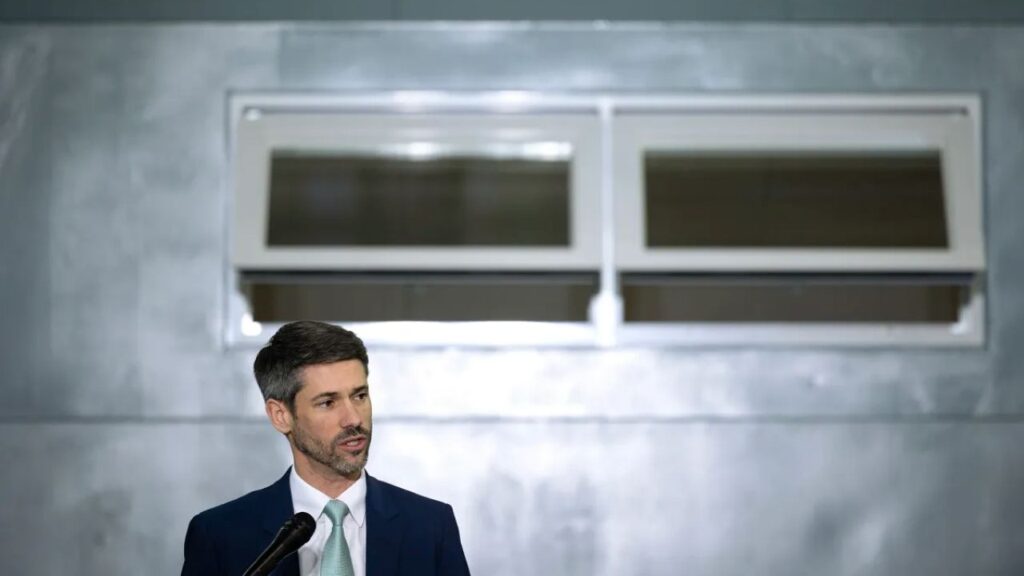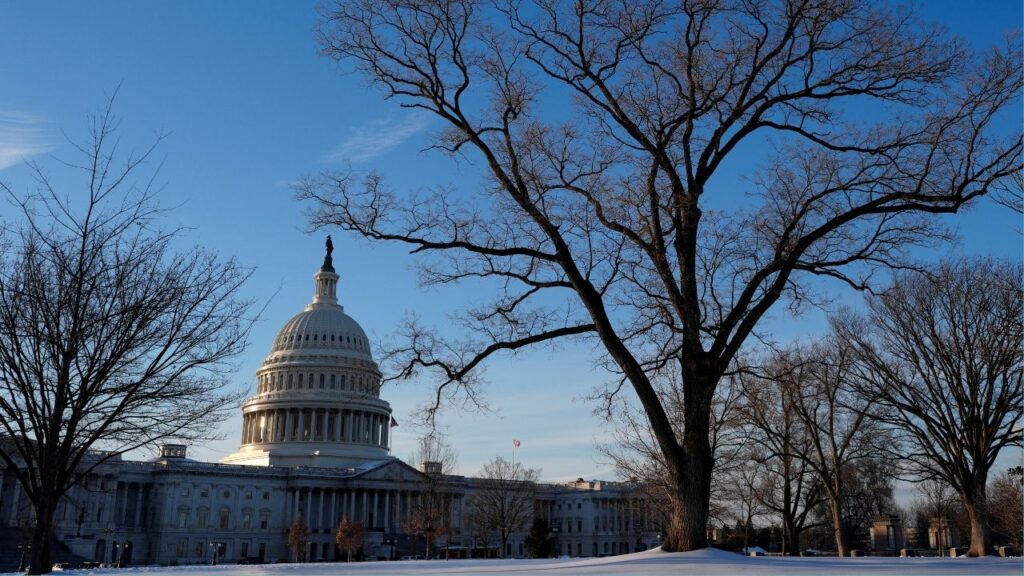GOP budget resolution could lead to $880 billion in Medicaid cuts, potentially impacting healthcare access for millions of Americans. (Shutterstock)
Share
|
Getting your Trinity Audio player ready...
|
The Republican House budget plan that passed Tuesday could lead to significant cuts in Medicaid funding, potentially impacting millions of Americans who rely on the program for essential health care.
The resolution instructs the House Energy and Commerce Committee to cut at least $880 billion in costs through 2034, with these cuts expected to primarily affect Medicaid.
A new analysis from the Center for American Progress examines the potential impact of these cuts by congressional district. On average, each district could lose $2 billion in federal funding over nine years if the cuts were proportional to current Medicaid and CHIP enrollment.
Potential Impact on California’s 22nd District
California’s 22nd congressional district, whose seat is held by Rep. David Valado (R-Kings County), could be particularly hard hit, potentially losing over $5 billion in funding and seeing 67,000 fewer enrollees per year. About 67% of the district’s residents are enrolled in Medicaid.
In a floor speech, Valadao said he heard from “countless” constituents who cannot afford healthcare without Medicaid and vowed to oppose any final bill “that risks leaving them behind.”
It’s simply the first step in the process before committees begin drafting legislation to determine priorities. I’ve made clear to House leadership that I will only support a final bill that protects essential resources like Medicaid or SNAP for Central Valley families. pic.twitter.com/bFdZ10yMst
— Rep. David Valadao (@RepDavidValadao) February 26, 2025
Similarly, Kentucky’s 5th district might lose $3.6 billion and have roughly 95,000 fewer enrollees annually.
Nearly 16 Million People Could Lose Coverage
The Urban Institute estimates that reducing the federal medical assistance percentage for Medicaid expansion enrollees could result in 15.9 million people losing Medicaid and CHIP coverage in 2026 if states cannot make up the shortfall.
“Medicaid and the Children’s Health Insurance Program cover essential, lifesaving health care for nearly 1 in 4 Americans—including low-income individuals and families; pregnant women; seniors; and people with disabilities,” the article states.
The consequences of these cuts could be far-reaching, potentially forcing states to raise taxes or scale back program eligibility, limit covered benefits, or lower reimbursement rates to providers.
Read more at American Progress.


















